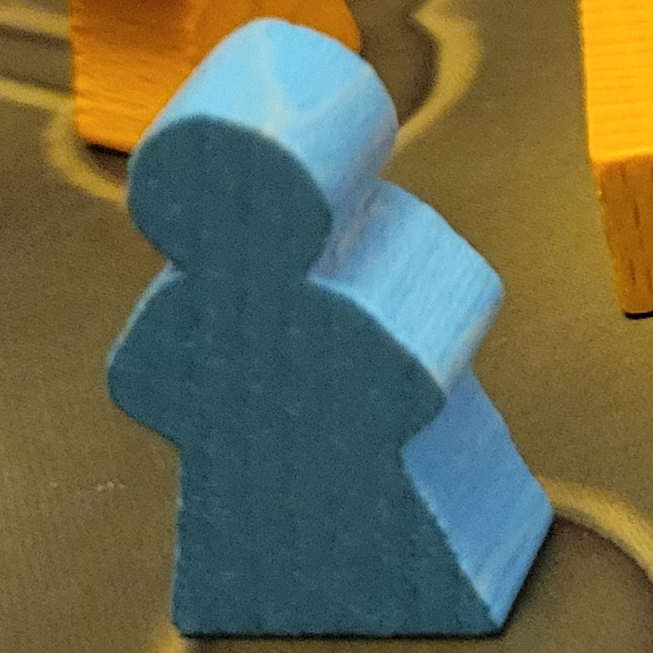- 2 Posts
- 12 Comments
Joined 4 months ago
Cake day: May 28th, 2024
You are not logged in. If you use a Fediverse account that is able to follow users, you can follow this user.
 1·3 days ago
1·3 days agodeleted by creator
I expected Saddam Hussein to hide inside.
Our copy of Undergrove has been sitting there waiting for us, and we really want to play it, but haven’t found the time lately as we have a two month old …

 5·11 days ago
5·11 days agoSecond this, seems like a great use case for Go.

 131·21 days ago
131·21 days agoYou can use Go and compile with TinyGo.

 62·1 month ago
62·1 month agoHe congratulated the winner by shaking his hand and giving him a hug after the race …

 6·2 months ago
6·2 months agoI use Neovim, specifically LazyVim. It’s super easy to get up and running with Go.
Doctor of Ass: Proctologist
Nice. Is this a plugin?







My guess is the cathedral that was started ca 1070. Other than that the oldest wooden buildings are from the 1700s.